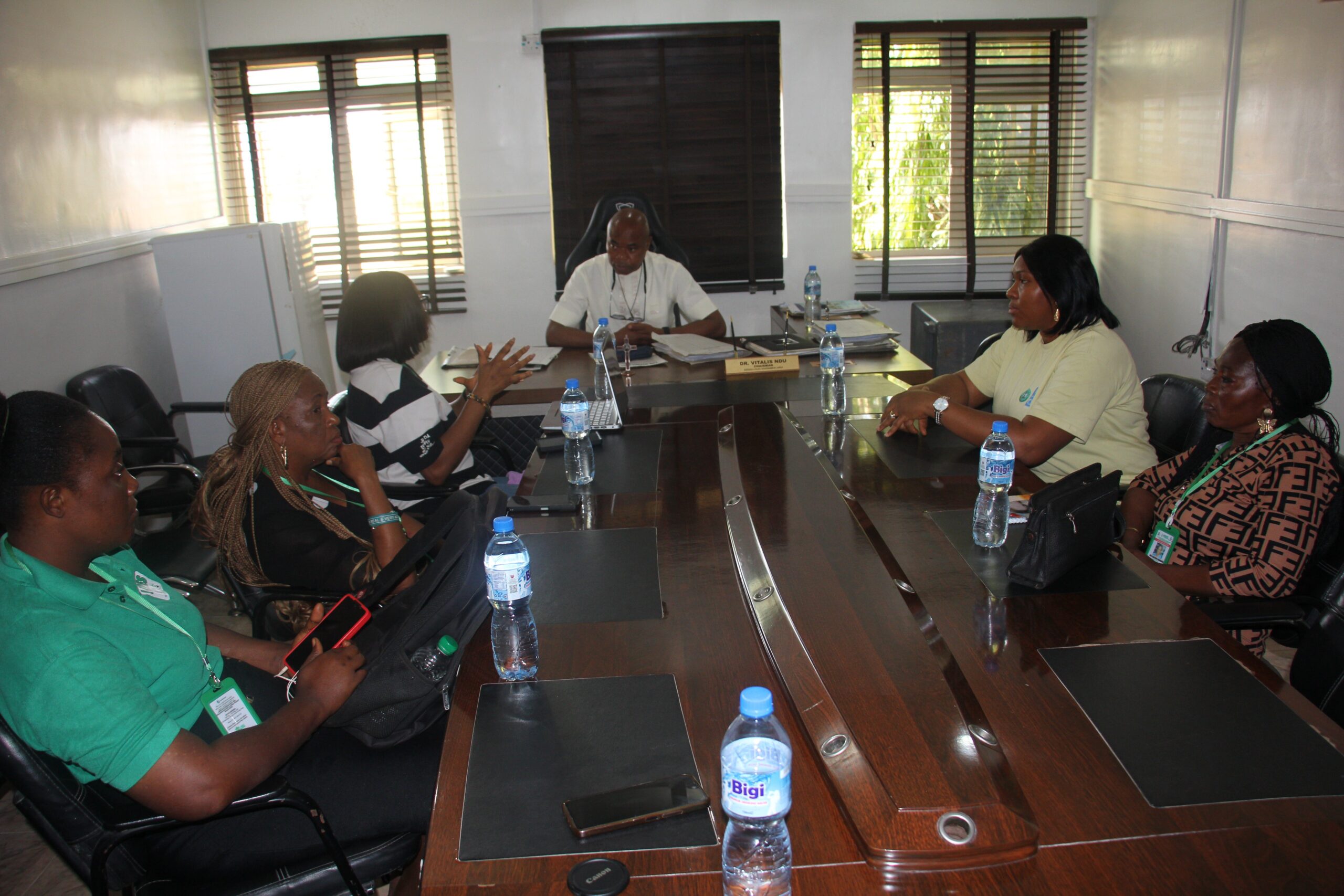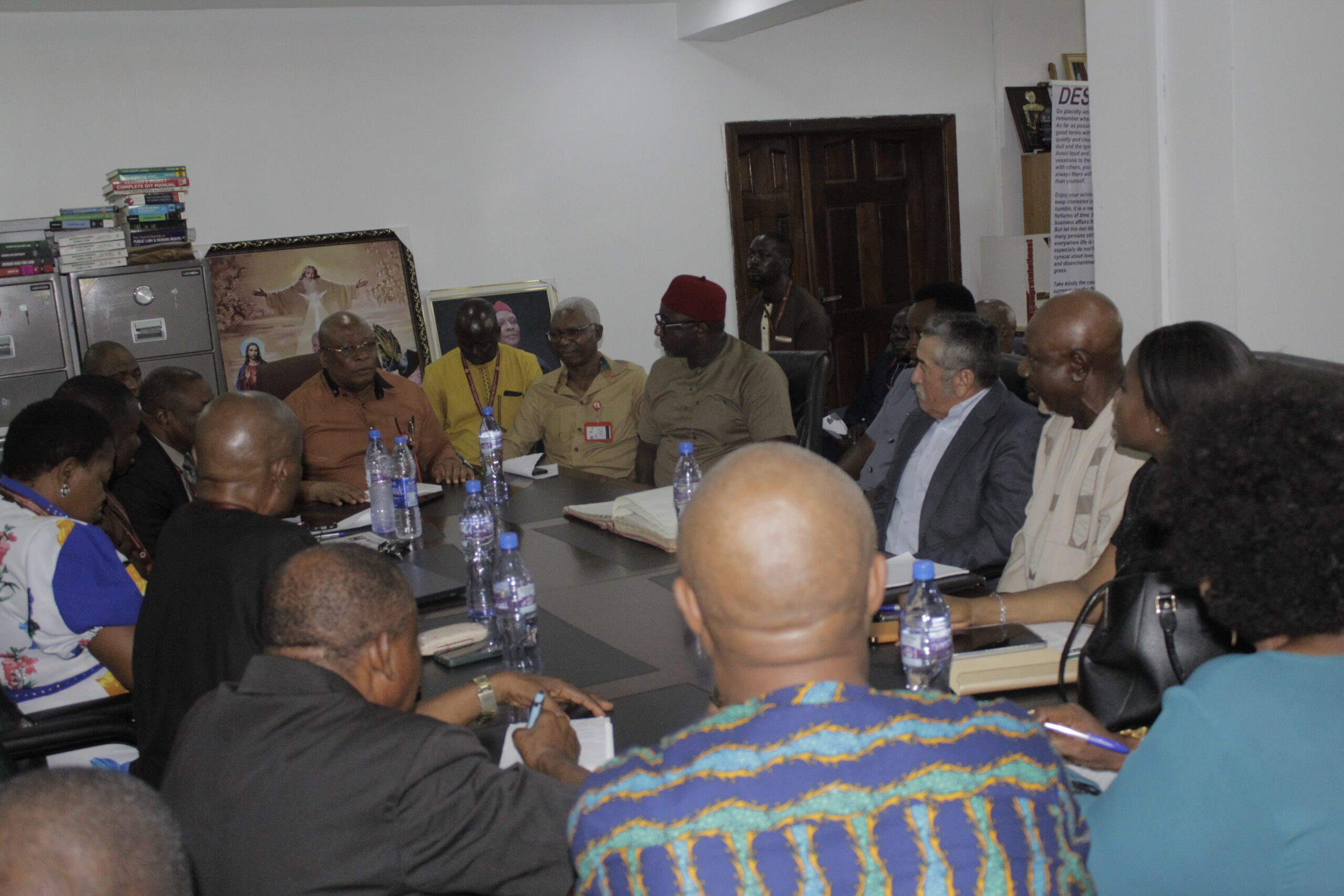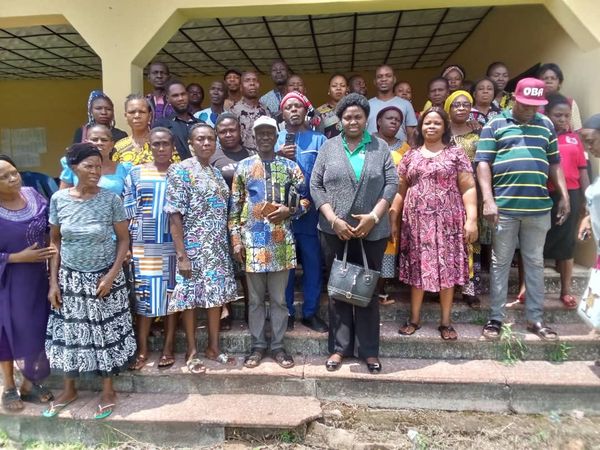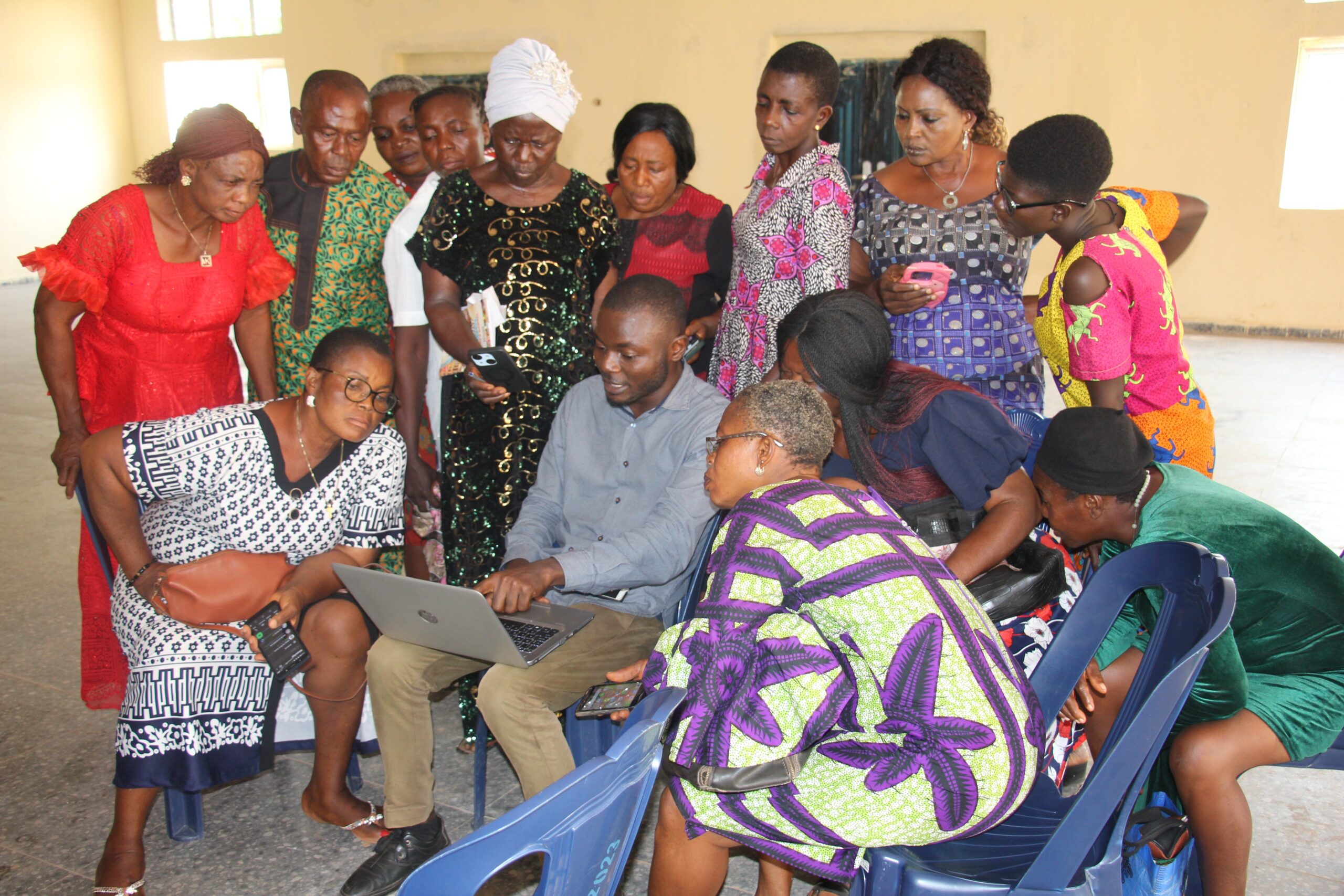Hope for improved food security in Nigeria is rising as the National Agricultural Development Fund (NADF) and the Agricultural Research Council of Nigeria (ARCN) begin a comprehensive review of the country’s agricultural research system. This initiative aims to address long-standing challenges, including inadequate infrastructure, funding, and technological integration, which have hindered agricultural productivity and food security for over 25 years. The review involves a baseline survey and needs assessment of 16 agricultural research institutes and 17 federal colleges of agriculture, identifying areas for improvement to align with national and global priorities. This effort is supported by President Bola Tinubu’s administration, emphasizing the importance of research and innovation in transforming Nigeria’s agricultural landscape.
Technological integration plays a critical role in enhancing Nigeria’s agricultural research capabilities by addressing productivity challenges and fostering innovation. Key contributions include:
Precision Agriculture: Technologies like GPS and data analytics enable efficient resource management, optimizing inputs such as water and fertilizers to boost crop yields while reducing waste.
Advanced Tools: Innovations such as satellite imaging, agricultural robots, and radio frequency identification (RFID) enhance research accuracy and streamline processes like pest control, soil monitoring, and crop tracking.
ICT Deployment: Improved connectivity links farmers to markets and research outputs, facilitating knowledge dissemination and reducing post-harvest losses.
Collaboration and Innovation: Partnerships between research institutions, private sectors, and government agencies drive the development of locally tailored technologies, ensuring relevance to Nigeria’s diverse agroecological zones.
These advancements collectively strengthen research efficiency, improve food security, and support sustainable agricultural practices.










